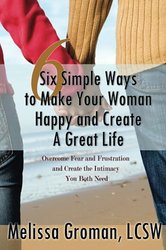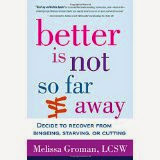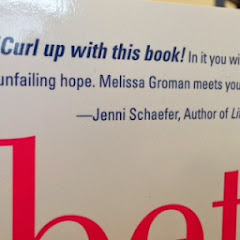
Last night, late, my husband came back from watching the Jets game.
"How was it?" I asked.
"Good," he said. "We won."
And so I am thinking about this now. What does that mean? "We" won? He did not win, really. I mean, okay, so he's a fan. But, he does not own the Jets (too bad); he does not coach the Jets, or play for the Jets, or even actually go to games in person. So how exactly did "we" win? "We" did not do anything but watch. Did we?
So of course, I understand the longstanding, loyal attachments that "we" have to sports and to teams, and to team spirit, and to rooting and cheering and praying and even to sending spiritual or psychic waves of inspiration and support to our teams. I understand how much being a part of something bigger than ourselves and throwing our attention and team spirit and support that way can mean to us.
I am not at the moment offering an analysis of what sports mean to men, or to any of us. I am just thinking about whether or not we think the same way when it comes to our relationships.
There is a famous story of spiritual leader who's wife broke her ankle. He accompanied her to the doctor and when the doctor asked what the problem was, the Rabbi said, "Doctor, our foot hurts us."
In my work with couples in emotional pain, feelings can seem so factual, so hurtful, so overwhelming and big, that it gets harder and harder to think of the "we." Sometimes we stop thinking about whats good for the relationship and we dig deep into thinking about what's good for ourselves. Which is, of course, always an important part of the equation, but not at the expense of the "us."
Not if we want to save or nurture the relationship. I see couples get into "me vs. him" or "me vs. her," especially when there is choppy communication, or little, no or not enjoyable sex, or some kind of betrayal. When we are hurt we don't want to think of individual sacrifice for the good of the team. We often feel we have sacrificed enough already. Sometimes we have. Its hard to know for sure until we unpack all the ideas behind our attitudes and our feelings.
Its not hopeless. Even when it hurts a lot. And sometimes, you can save a relationship and have more for yourself too. This is often the case. Couples don't always come in together for help. Sometimes coming in alone can help the "team" just as much as coming in together.
Its the right kind of talking that counts. You'd be surprised at how much of a difference it can make. I think we are afraid, much of the time. Afraid that we will not get what we need, or that we will be hurt again, or taken advantage of, or will have to suffer more than we can bear. Or that we will be left alone. Its not often the case, though, when we are able to study things a bit. Team spirit can return, and then everyone wins.











